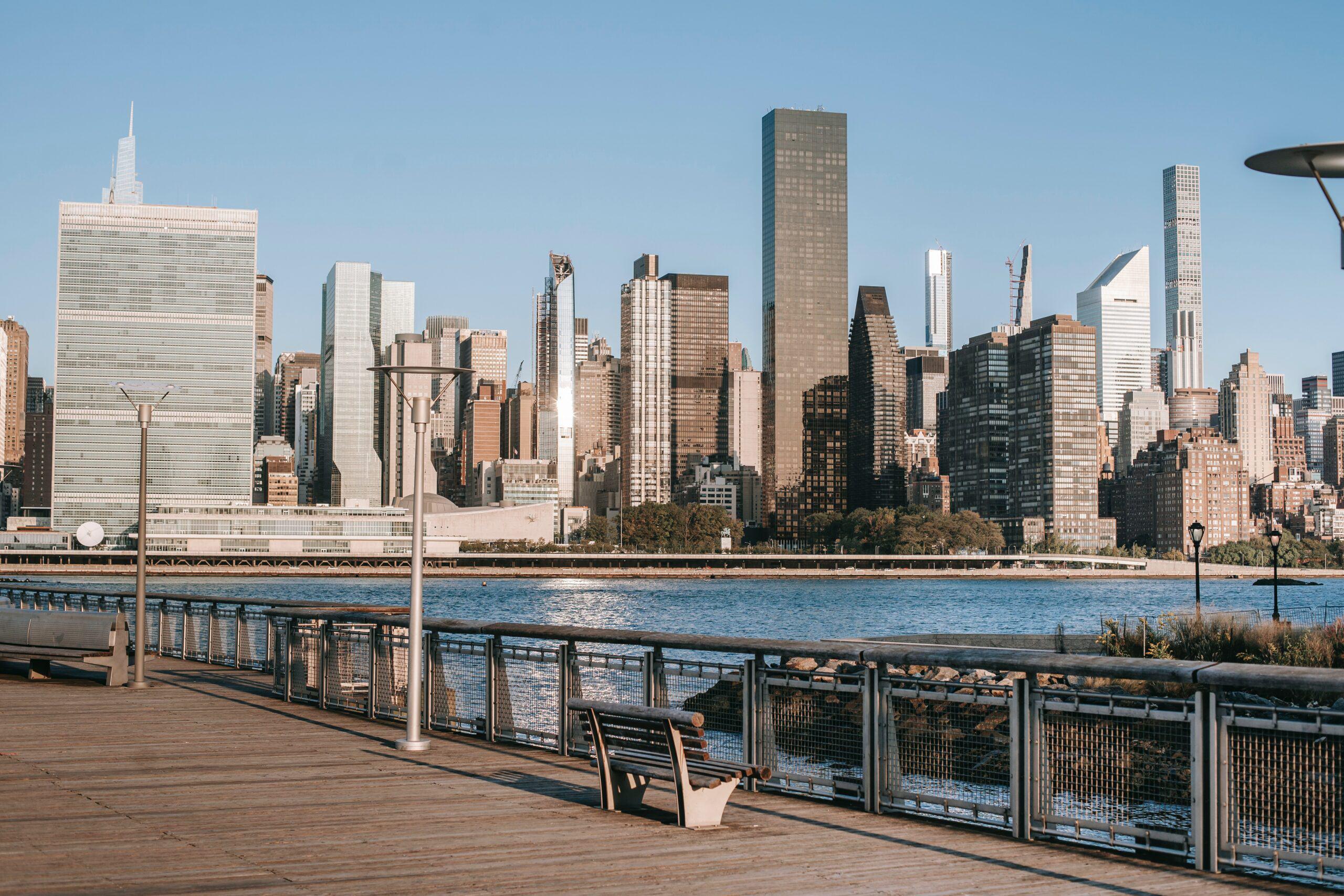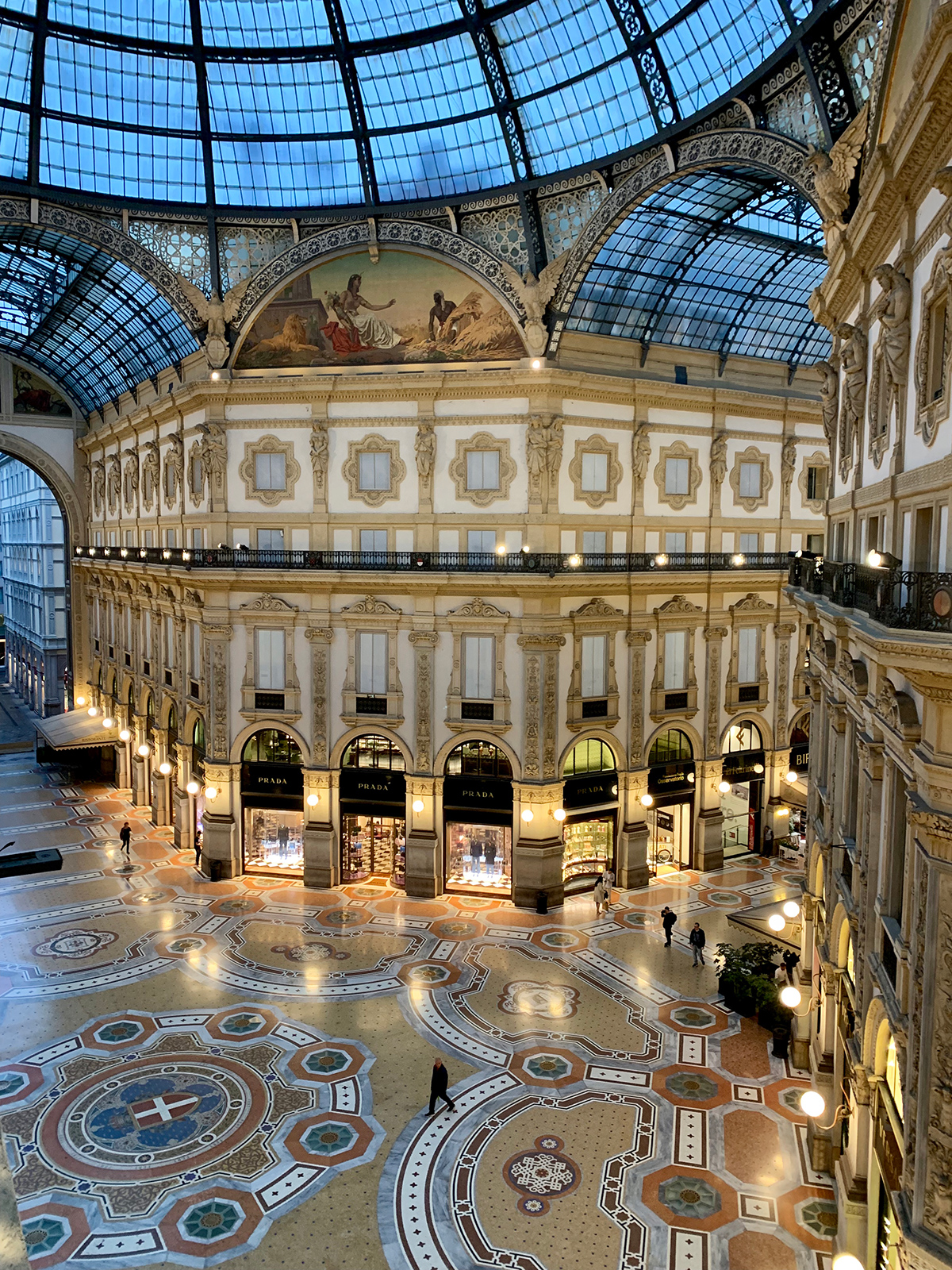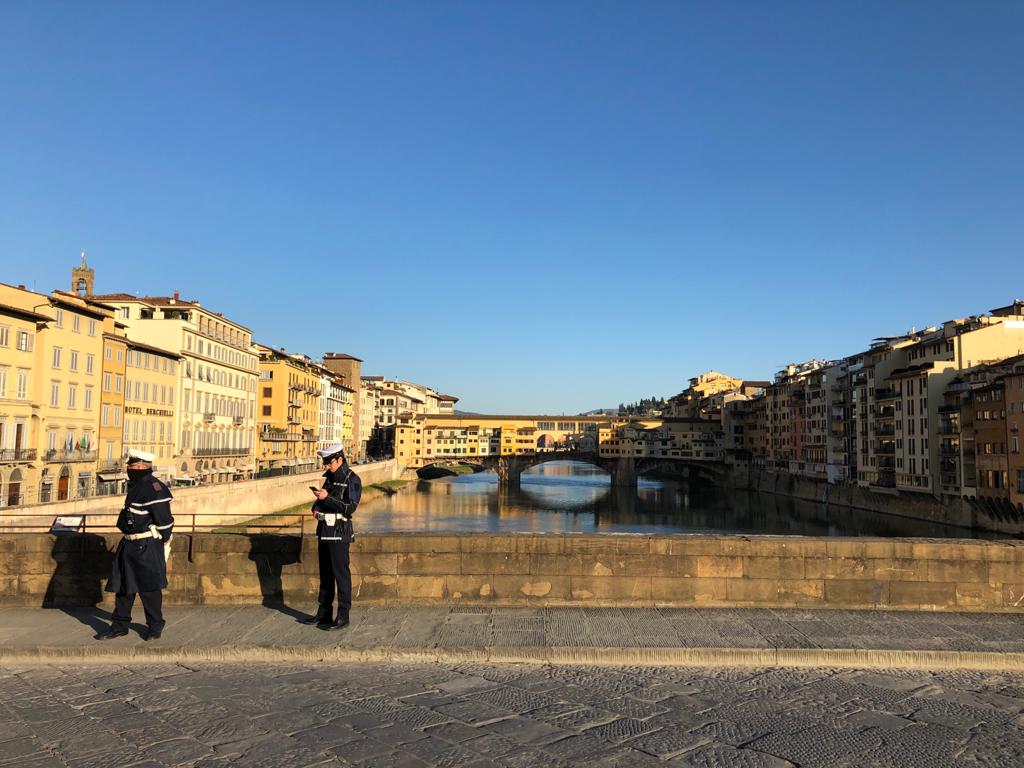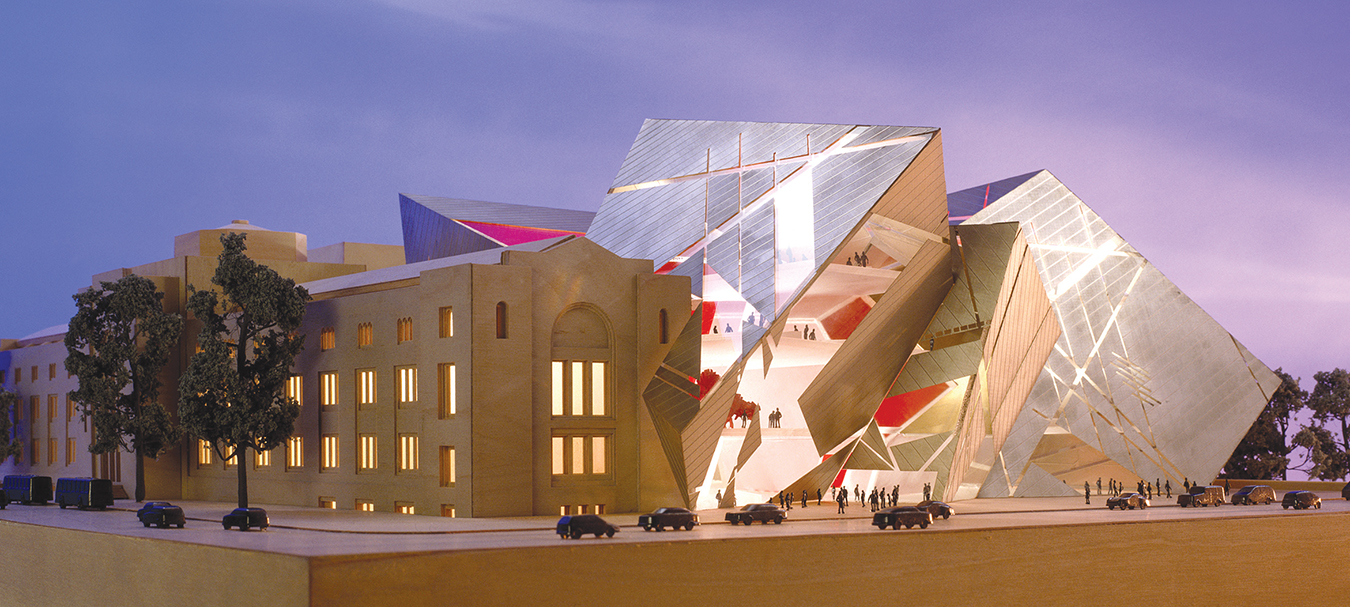How Lockdowns and Stay-at-Home Orders Have Focused Our Attention on the Noise of the City
City of silence.

One day, years from now, after we have properly mourned, rebuilt our finances, and shaken our heads at the ignorance and incompetence that caused so many to lose so much, we may finally permit ourselves to say it: yes, there are things we miss about 2020.
Some are superficial: wearing sweatpants to that 9 a.m. Zoom meeting. Others come from our ability to make lemonade out of lemons: having the time to cross guitar lessons off life’s to-do list. And some will be born of humble wisdom: finally, we understand the value of good health. None of these will make up for the wreckage of the past year. But in time, we may come to believe that even the darkest of years had a few silver streaks running through it. Here’s one more: quiet. When the wheels of industry stopped, something else did too: the roar of factories; the bustle of shops; the clatter of construction sites; the buzz of planes, trains, and automobiles; the endless chatter and hum of residents to-ing and fro-ing from street to street. And, if it’s truly confession time: it wasn’t all bad.
The culture of modern life usually considers silence to be a lack: a deficiency or void in the action and energy that is civilization’s natural state. Which made the silent city an eerie place. Throughout the various lockdowns, curfews, and stay-at-home orders, journalists, documentarians, and bloggers pointed out the unsettling, post-apocalyptic hush of an idle New York, Delhi, Paris, Mexico City, and other 24-hour cities. Some used microphones to write a kind of auditory diary of life under lockdown and ended up capturing something most of us city dwellers were unaware we had ever lost. Listen closely and you can hear it: the moment when the absence of noise becomes the presence of something else. Without urban life droning on in the background, it became easier to notice all those things we previously took for granted: the wind rustling through the maples across the street. Birdsong echoing off that apartment over there. The passage of time. Peace.
Now that we are waking from our virus-induced slumber, can we permit ourselves one last thing: can we listen to what all that silence was actually saying to us? Can we imagine a city different from the one we left behind in March of 2020? Can we consider that cacophony of machines and people for what it really is: an absence, a lack, a loss of one of our most precious resources? Sounds like a pretty good idea.




